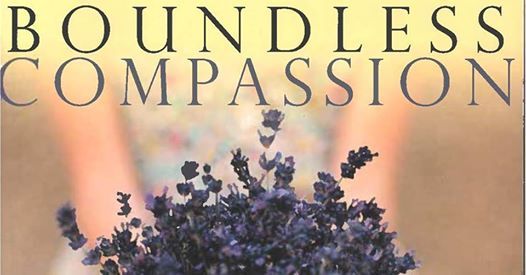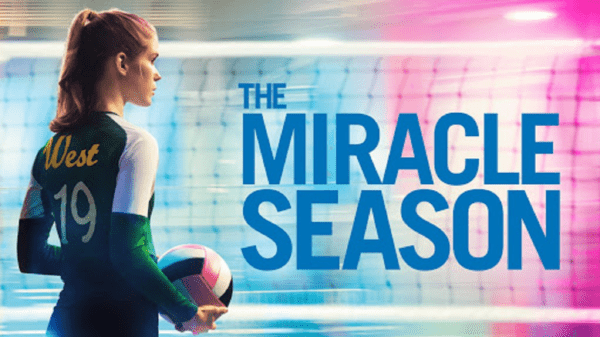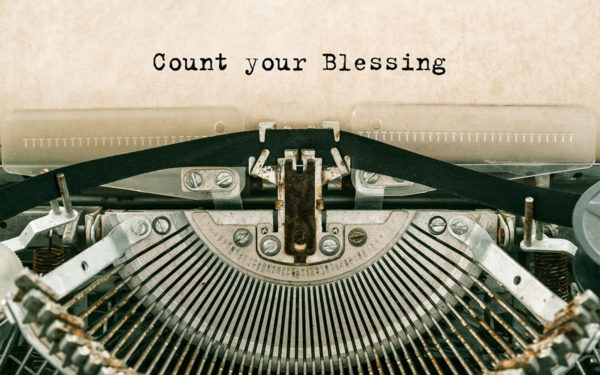Weekly Bible Devotional
“Dare to Care: Hope in Our Hearts”
Luke 24:1-12
Scripture for Sunday: Luke 24:1-12
But on the first day of the week, at early dawn, they came to the tomb, taking the spices that they had prepared. 2 They found the stone rolled away from the tomb, 3 but when they went in, they did not find the body. 4 While they were perplexed about this, suddenly two men in dazzling clothes stood beside them. 5 The women were terrified and bowed their faces to the ground, but the men said to them, “Why do you look for the living among the dead? He is not here, but has risen.6 Remember how he told you, while he was still in Galilee, 7 that the Son of Man must be handed over to sinners, and be crucified, and on the third day rise again.” 8 Then they remembered his words, 9 and returning from the tomb, they told all this to the eleven and to all the rest. 10 Now it was Mary Magdalene, Joanna, Mary the mother of James, and the other women with them who told this to the apostles. 11 But these words seemed to them an idle tale, and they did not believe them. 12 But Peter got up and ran to the tomb; stooping and looking in, he saw the linen cloths by themselves; then he went home, amazed at what had happened.
Notes on the Text:
The Easter story is a hard one for many people to get into, especially in our time when science and information are available at our fingertips. We get stuck on the details of figuring out how the resurrection happened or why it could not have happened. We forget the big picture of the story. The Easter story is ultimately about hope in the face of despair, love in the face of violence and fear. Against all the odds of death, suffering and cruelty, it seems hard to maintain hope. This kind of skepticism or cynicism is not new to human beings. This was exactly the reaction of the first followers of Jesus. Even though Jesus had talked about his resurrection with his disciples, they didn’t seem to expect it, at least not that quickly. When we hear the Gospel story from Luke 24 today, we hear that even the apostles, the early followers of Jesus did not believe and thought these were “idle tales.” This was a charge the women would have been used to. It was the kind of stereotyping and degrading that was part of their experience as women.
But the women believed and were not afraid to proclaim their faith. Those on the fringes of society who were used to being discounted believed because they had mystical experiences that gave them the assurance of the resurrection of Jesus and that was enough for them. I love that the whole story of Easter depended on the witness of a few women. The ministry of Jesus did not come with the kind of power which people were used to. Jesus came as a humble servant of love who served his people and worked on their transformation so that they may in turn transform the whole of society. The same was true of his resurrection. There were no big signs in the sky, fireworks, or appearances of Jesus on the streets of Jerusalem so that all would witness and believe. Instead the story tells us that it was those who already believed had those experiences of faith. Those who were already in his company of disciples were the ones to know and experience the resurrection.
For Reflection:
The identity of the witnesses to the resurrection is essential to our faith. The resurrection of Jesus was very much like his birth: humble and accessible only to those who had the eyes to see. Those who were “wise” according to the standards of the world completely missed the power of his birth, his ministry, and his resurrection. They looked at the same events and saw what they were preconditioned to see. In the same way, Easter is about our ability to see and to know beyond what we are conditioned to see and know. The hope of Easter is not about an intellectual exercise of finding or providing evidence that Jesus rose from the dead or that we can fully understand what that really means. It is instead about the kind of hope that comes to us from a deep sense of knowing God’s presence in our hearts and in our lives. Easter, much like the whole life of Jesus, challenges our assumptions about power, love, compassion, and life. Easter is not only about what God does but is also about our human ability to see and know what God is doing in our lives. The women in the story of Easter were able to see beyond the limits of life and death into the spiritual realm of God and that changed everything for them. In fact, it changed everything for all the followers of Jesus.
When we are faced with our human struggles, cruelty, and violence it is easy to get cynical or to lose hope that compassion or faith make a difference. Stories of resurrection and hope don’t sit well with us because we know all too well the realities of pain and death in our world. Tim Phillips writes of death and resurrection, “Maybe the worst thing about death in all its forms is that it robs us of the energy to imagine anything else… Addiction robs us of the energy to imagine healing. Violence robs us of the energy to imagine peace. Sickness robs of the energy to imagine some kind of wholeness beyond a cure. The burdens of life rob us of energy for a sense of humor that can put things in perspective. Death robs us of the energy to imagine that anything has power great enough to outlive its hold on us”. (Tim Phillips, “Resurrection Power,” The Spire, Vol. 80, No. 3, March 2016, Seattle First Baptist Church)
And so this week, I invite you to ponder how you see and know life. Easter is an opportunity to open our eyes to the presence of God in ways we don’t expect it: in silence, in vulnerability, in brokenness, and in the company of those who open their hearts and lives to mystery. Once we are able to see God in such ways, everything changes. The values and pressures of the world don’t get to be as powerful as they once were. Instead the values of God’s love start to take hold in our lives. That is when we are able to live to our God given potential.
Below is a piece by Richard Rohr about three different ways of seeing. I hope that you will find it helpful in considering the kind of seeing the story of Easter is about.
“In the early medieval period, two Christian philosophers offered names for three different ways of seeing, and these names had a great influence on scholars and seekers in the Western tradition. Hugh of St. Victor (1078-1141) and Richard of St. Victor (1123-1173) wrote that humanity was given three different sets of eyes, each building on the previous one. The first eye was the eye of the flesh (thought or sight), the second was the eye of reason (meditation or reflection), and the third was the intuitive eye of true understanding (contemplation).
I describe this third eye as knowing something simply by being calmly present to it (no processing needed!). This image of “third eye” thinking, beyond our dualistic vision, is also found in most Eastern religions. We are onto something archetypal here, I think!
The loss of the ‘third eye’ is at the basis of much of the shortsightedness and religious crises of the Western world, about which even secular scholars like Albert Einstein and Iain McGilchrist have written. Lacking such wisdom, it is hard for churches, governments, and leaders to move beyond ego, the desire for control, and public posturing. Everything divides into dualistic oppositions like liberal vs. conservative, with vested interests pulling against one another. Truth is no longer possible at this level of conversation. Even theology becomes more a quest for power than a search for God and Mystery.
One wonders how far spiritual and political leaders can genuinely lead us without some degree of contemplative seeing and action. It is hardly an exaggeration to say that ‘us-and-them’ seeing, and the dualistic thinking that results, is the foundation of almost all discontent and violence in the world. It allows heads of religion and state to avoid their own founders, their own national ideals, and their own better instincts. Lacking the contemplative gaze, such leaders will remain mere functionaries and technicians, or even dangers to society.
We need all three sets of eyes in both a healthy culture and a healthy religion. Without them, we only deepen and perpetuate our problems.”
Prayer by Joyce Rupp:
No one expected your return.
You astonished your disciples
When you slipped from the tomb.
You came extending peace,
Offering forgiveness for denial,
Extending faith to the doubtful.
You met them at the seashore
And on the road toward home.
Each one’s grieving heart overjoyed.
Each one’s closed mind opened wide.
Today: I let myself be astonished. Amen.




